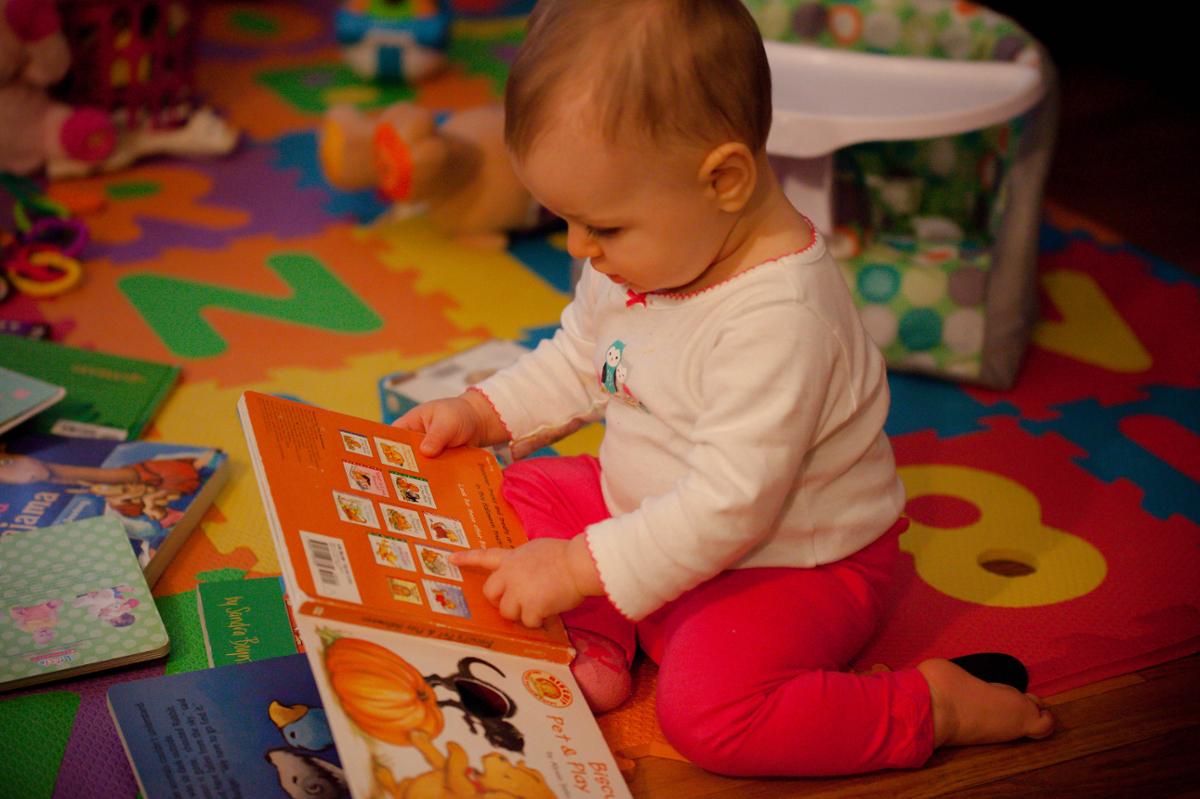Do you have a favorite type of toothpaste? Or a favorite chair at your dining table, even though all the other chairs look essentially the same? And how much does that favorite really tell you about yourself? Research shows that sometimes people like things because they happened to choose them, rather than choosing the things they intrinsically like. Scientists have noted this phenomenon in adults, and a team of researchers wanted to know how early it develops—do babies’ random preferences become their likes and dislikes?
To find out, they conducted an experiment by placing a baby crawling distance from two soft differently-colored blocks. Once the baby crawled toward and chose one of the blocks, the researchers took it away and replaced it with a new toy. The babies now could choose between the block they didn’t pick the first time, or the new toy. The babies tended to choose the new object, repeating the rejection of the first block. Although not selecting this block the first time around was random, the babies seemed to decide that this meant they must not like it.
In follow-up experiments, the researchers initially chose a block for the babies, rather than having the babies pick one. In this case, when the babies were tasked with choosing between the block that wasn’t chosen for them and a new object, their preference for a new object disappeared, implying that their earlier behavior couldn’t be explained by a preference for novelty.
You don’t always get what you want—but if don’t have a preference going in, you might end up wanting what you get.










